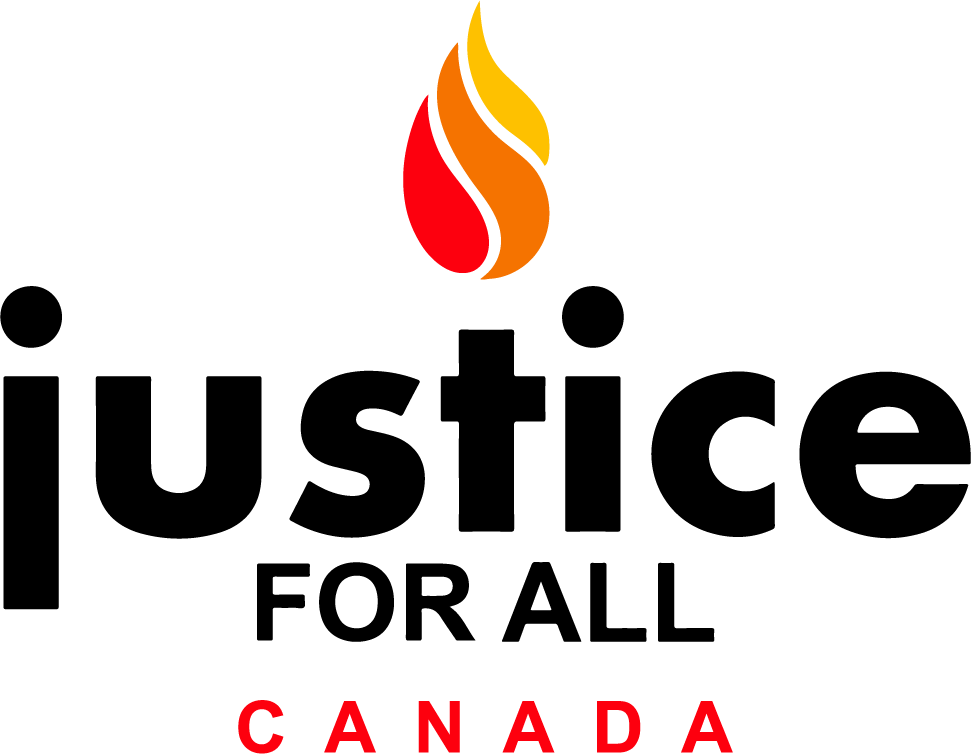Striving for Progress on International Day of the World's Indigenous Peoples
August 9th, 2021
August 9th is the International Day of the World's Indigenous Peoples. On this day, we remember the 500 million Indigenous Peoples globally, in more than 90 countries. Justice For All Canada’s advocacy campaigns focus on Indigenous and ethnic minorities in Kashmir, East Turkestan, Burma and India.
Indigenous communities belonging to these places often lack access to basic human rights and fundamental freedoms, for example;
The legacy of discrimination and inequality has increased Indigenous Peoples’ vulnerability to disease outbreaks such as COVID-19 in Sri Lanka, and impacts of climate change in Kashmir. Such vulnerabilities are exacerbated with reduced access to water and sanitation systems, such as with the Iqaluit community in Nunavut territory of Canada. Moreover, mobility restrictions have impacted Indigenous peoples’ well-being, livelihood, and food insecurity, especially Rohingya refugees and Uighur Muslims.
The global community can benefit from the protection and empowerment of Indigenous peoples in Canada and worldwide. According to the World Bank, Indigenous peoples carry ancestral knowledge and expertise on adapting, mitigating and reducing climate and disaster risks. Today is an opportunity for Governments to remember that lands occupied by Indigenous Peoples are under customary ownership. Despite this, only a small percentage of this land legally belongs to Indigenous peoples.
The Canadian government must work with countries to improve the survival of Indigenous culture and tradition. Indigenous peoples account for 15 percent of the world’s extreme poverty, with a life expectancy 20 years lower than non-Indigenous people worldwide. Together, we must support and improve Indigenous systems for livelihood, resilience and resource protection.
“Everyone can do their part to support minority and Indigenous people to make their voices heard. Indigenous communities face systemic discrimination starting at the government level and often dating back hundreds of years. We must advocate removing these attitudes that disadvantaged minorities deal with on a daily basis,” said Executive Director of Justice For All Canada, Taha Ghayyur.
Global leaders must also recognize and adopt the following international mechanisms developed for the sustained inclusion and equality of Indigenous communities:
United Nations Declaration on the Rights of Indigenous Peoples
American Declaration on the Rights of Indigenous Peoples
United Nations Permanent Forum on Indigenous Issues (UNPFII)
Expert Mechanism on the Rights of Indigenous Peoples (EMRIP)
UN Special Rapporteur on the Rights of Indigenous Peoples (UNSR)
August 9th is the International Day of the World's Indigenous Peoples. On this day, we remember the 500 million Indigenous Peoples globally, in more than 90 countries. Justice For All Canada’s advocacy campaigns focus on Indigenous and ethnic minorities in Kashmir, East Turkestan, Burma and India.
Indigenous communities belonging to these places often lack access to basic human rights and fundamental freedoms, for example;
- Formal recognition over their natural resources, territories, and lands
- Basic services, public investments and infrastructure
- Multiple barriers to full participation in local economies
- Unequal access to due process, justice, legal services, decision making or political participation
The legacy of discrimination and inequality has increased Indigenous Peoples’ vulnerability to disease outbreaks such as COVID-19 in Sri Lanka, and impacts of climate change in Kashmir. Such vulnerabilities are exacerbated with reduced access to water and sanitation systems, such as with the Iqaluit community in Nunavut territory of Canada. Moreover, mobility restrictions have impacted Indigenous peoples’ well-being, livelihood, and food insecurity, especially Rohingya refugees and Uighur Muslims.
The global community can benefit from the protection and empowerment of Indigenous peoples in Canada and worldwide. According to the World Bank, Indigenous peoples carry ancestral knowledge and expertise on adapting, mitigating and reducing climate and disaster risks. Today is an opportunity for Governments to remember that lands occupied by Indigenous Peoples are under customary ownership. Despite this, only a small percentage of this land legally belongs to Indigenous peoples.
The Canadian government must work with countries to improve the survival of Indigenous culture and tradition. Indigenous peoples account for 15 percent of the world’s extreme poverty, with a life expectancy 20 years lower than non-Indigenous people worldwide. Together, we must support and improve Indigenous systems for livelihood, resilience and resource protection.
“Everyone can do their part to support minority and Indigenous people to make their voices heard. Indigenous communities face systemic discrimination starting at the government level and often dating back hundreds of years. We must advocate removing these attitudes that disadvantaged minorities deal with on a daily basis,” said Executive Director of Justice For All Canada, Taha Ghayyur.
Global leaders must also recognize and adopt the following international mechanisms developed for the sustained inclusion and equality of Indigenous communities:
United Nations Declaration on the Rights of Indigenous Peoples
American Declaration on the Rights of Indigenous Peoples
United Nations Permanent Forum on Indigenous Issues (UNPFII)
Expert Mechanism on the Rights of Indigenous Peoples (EMRIP)
UN Special Rapporteur on the Rights of Indigenous Peoples (UNSR)
